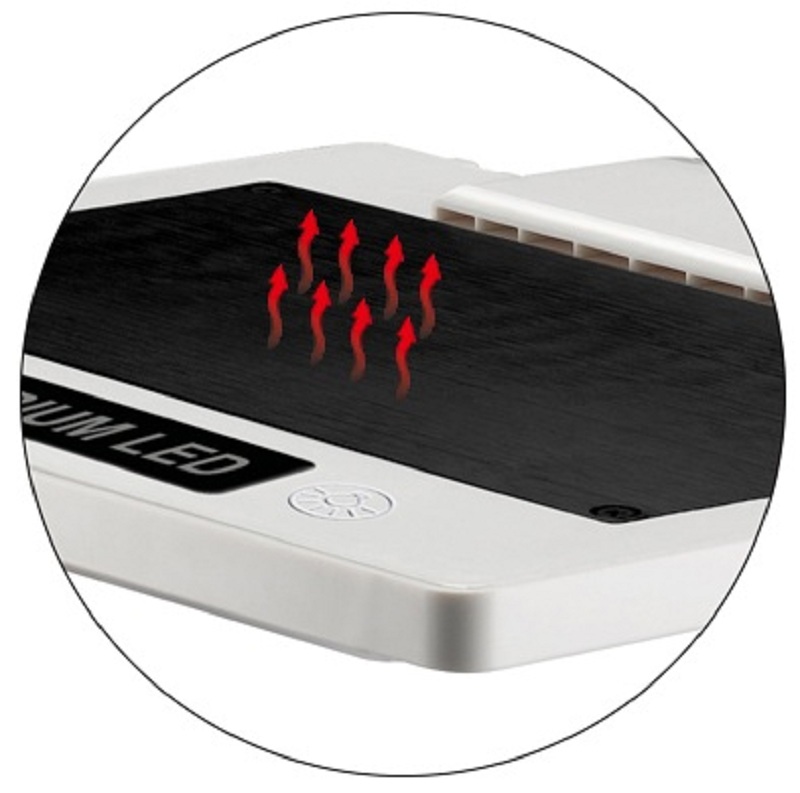Time:2023.10.26Browse:
(1) The magnetic pump shaft is broken. The material used for the pump shaft of the CQB magnetic pump is 99% aluminum oxide porcelain. The main reason for the pump shaft breaking is that the shaft is twisted due to dry grinding of the bearings during pump operation. When disassembling the pump for inspection, it can be seen that the bearings are severely worn. The main way to prevent the pump from breaking is to avoid idle running of the pump.

(2) The magnetic pump bearing is damaged. The material used for the bearings of CQB magnetic pump is high-density carbon. If the pump runs out of water or there are impurities inside the pump, it will cause damage to the bearings. If the coaxiality requirement between the inner and outer magnetic rotors of the cylindrical coupling is not guaranteed, it will directly affect the service life of the bearing.
(3) The magnetic pump cannot pump out liquid. The inability of a magnetic pump to produce liquid is the most common malfunction of the pump, and there are also many reasons for it. Firstly, it is necessary to check whether there is any air leakage in the suction pipeline of the pump, whether the air in the suction pipeline is discharged, whether the amount of liquid filled in the magnetic pump is sufficient, whether there are impurities blocking the suction pipeline, and whether the pump is reversed (especially after replacing the motor or repairing the power supply line). It is also important to pay attention to whether the suction height of the pump is too high. If the problem cannot be solved through the above inspection, the pump can be disassembled for inspection to see if the pump shaft is broken. The dynamic and static rings of the pump should also be checked for integrity, and the entire rotor can move slightly axially. If axial movement is difficult, check whether the carbon bearing is too tightly combined with the pump shaft.
It is worth noting that the magnetic pump has been repaired several times and no problems have been found. It should be noted whether the magnetic coupling is working properly. Bearings, inner magnetic rotors, and spacers all generate heat during operation, which increases the working temperature and reduces the transmitted power. On the other hand, it can cause great trouble for magnetic pumps that transport easily vaporized liquids. The power transmitted by a magnetic steel shows a continuous decreasing curve with the increase of temperature. Usually, the decrease in its transmission ability is reversible below the working limit temperature of the magnetic steel, while it is irreversible above the limit temperature. That is, after the magnetic steel cools down, the lost transmission ability can no longer be restored. In special circumstances, when the magnetic coupling slips (out of step), the eddy current heat in the spacer sleeve will rapidly increase, and the temperature will rise sharply. If not handled in a timely manner, it will cause demagnetization of the magnetic steel and cause the magnetic coupling to fail. Therefore, a reliable cooling system should be designed for magnetic pumps. For media that are not easy to vaporize, the cooling circulation system generally leads out the liquid flow from the impeller outlet or pump outlet, and returns to the suction port through the bearing and magnetic transmission part. For media that is easy to vaporize, a heat exchanger should be added or the liquid flow should be directed to a storage tank outside the pump to avoid heat returning to the suction port. For media with solid or ferromagnetic impurities, filtration should be considered, and for high-temperature media, cooling should be considered, To ensure that the magnetic coupling does not exceed the operating limit temperature.